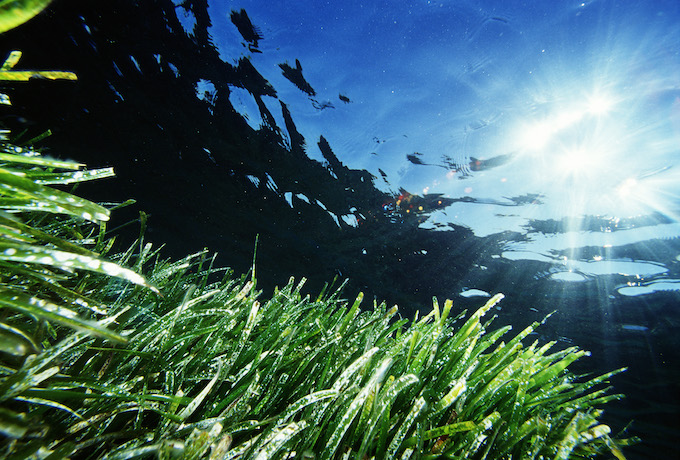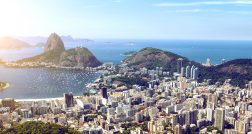Balearic Islands launches water-saving campaign
The Balearic Island government has launched a campaign that aims to highlight the importance of saving water in the archipelago of Mallorca, Menorca, Ibiza and Formentera and encourage visitors and residents to think twice about their water consumption.
Despite a wealth of natural resources attracting thousands of tourists every year, the consumption of water in the Balearic Islands is not sustainable on a long-term basis.
The campaign comes at a particularly pertinent time – the islands’ water reserves dropped two points in May 2019 compared to the previous month, currently standing at a 58 per cent average; a concerning figure given the lack of rainfall in June.
The campaign states “these islands have many things, but little water”, and includes an informative video in Spanish, Catalan, English and German, and a stunt featuring a transparent suitcase, half-filled with water at the baggage carrousels in Palma de Mallorca airport. The transparent suitcase showcases key messages about the islands’ water shortage and illustrates top tips for saving water.

The waters of Formentera
A website has also been created featuring the water-saving tips and highlighting how much water can be saved by making simple choices, as well as other advice including:
- Opting for a shower over a bath which can save 200 litres per day
- Placing a two-litre bottle in the toilet cistern can save two litres per flush
- Turning the tap off while shaving or brushing your teeth can save 12 litres per minute
- A dripping tap can waste 30 litres per day
- Sprinklers and other water-saving irrigation can help with water efficiency
- Ensure the dishwasher is full before use
The water-saving campaign is part of a wider plan designed to create a more long-term and sustainable tourism strategy, and is just one of a number of initiatives taking place in the Balearic Islands, many of which are funded by the sustainable tourism tax.




